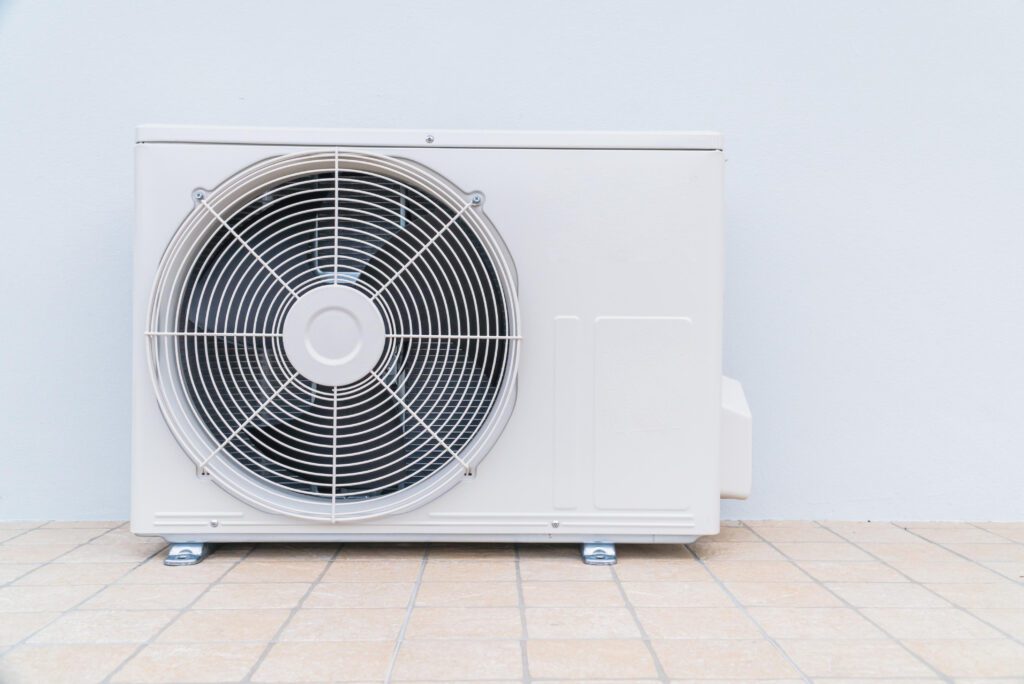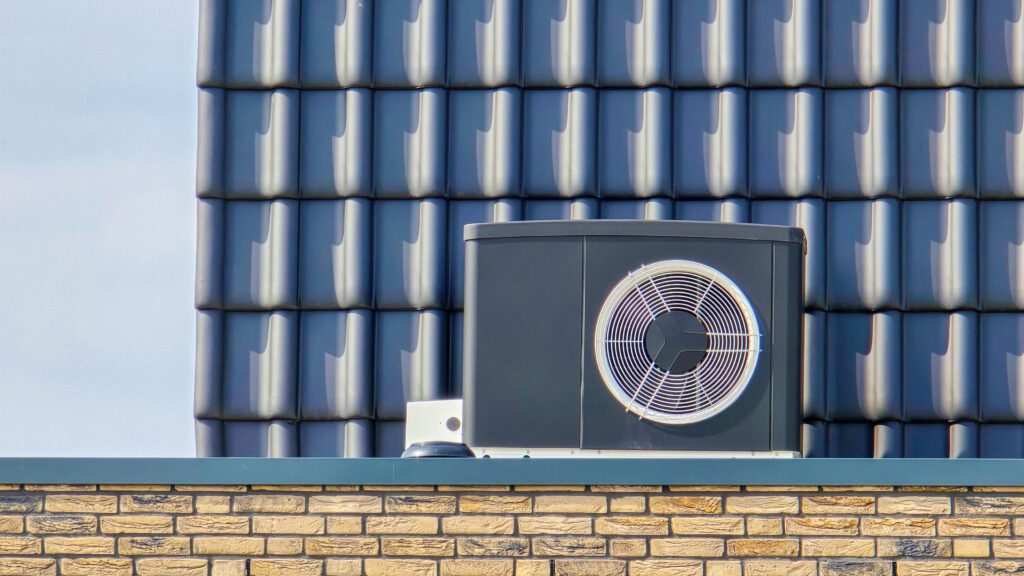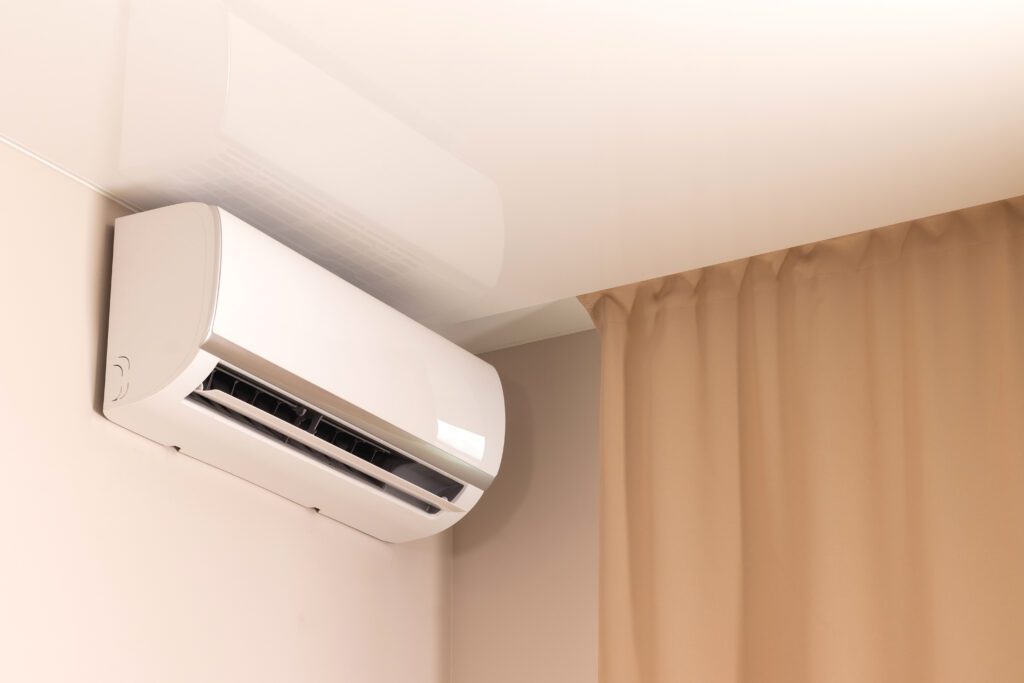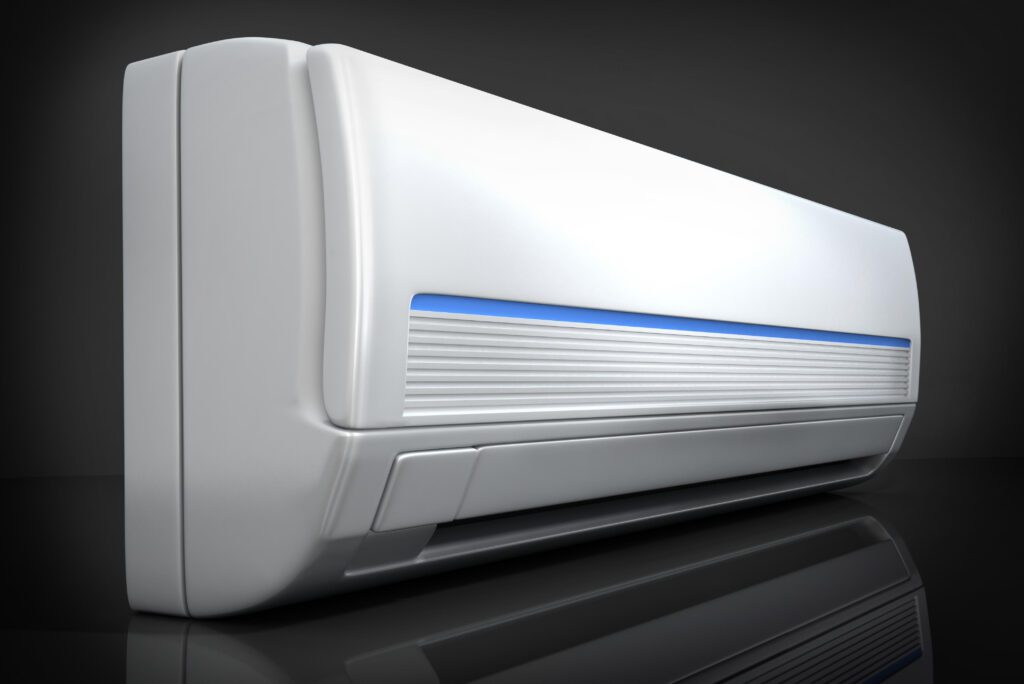Replacing your air conditioning (AC) unit can be both a significant investment and a necessary one, especially when the temperatures start to rise. To help you navigate through this process without breaking the bank, this comprehensive guide will provide you with essential tips on budgeting for your AC replacement. We will discuss reasons for replacing your unit, how to set a budget, explore different AC models, uncover hidden costs, and suggest ways to save money.
Understanding the Need for AC Replacement
Before diving into the budgeting process, it’s crucial to understand why a replacement might be necessary. Identifying the signs that your AC unit is nearing the end of its lifespan can help avoid unexpected expenses and ensure a comfortable living environment. Regular maintenance can prolong the life of your unit, but there comes a time when replacement is the most sensible option, especially in regions with extreme temperatures where reliable cooling is essential for comfort and health.
Signs Your AC Needs Replacement
Several indicators suggest your air conditioning unit may need replacement rather than just simple repairs. Key signs include:
- Frequent Breakdowns: If your unit requires constant repairs, it may be more cost-effective to replace it.
- Increased Energy Bills: A noticeable spike in your energy costs can indicate that your AC unit is running inefficiently.
- Inconsistent Cooling: If some rooms are significantly warmer than others, it might mean your AC is struggling to function properly.
- Age of the Unit: Generally, an AC unit older than 10-15 years is approaching its end of life.
- Noisy Operation: Unusual sounds like grinding or banging can indicate serious internal issues.
Additionally, if you notice a buildup of moisture or leaks around your unit, this could signal a refrigerant leak, which not only affects performance but can also be harmful to the environment. Another critical factor is the presence of unpleasant odors emanating from the unit, which may indicate mold or mildew growth within the system. These issues can compromise indoor air quality and pose health risks, making timely replacement even more vital.
The Average Lifespan of an AC Unit
The average lifespan of a well-maintained air conditioning unit ranges from 10 to 15 years. However, this can vary based on factors such as the type of unit, maintenance frequency, and overall environmental conditions. Older units tend to be less efficient and may warrant replacement, especially when expensive repairs are anticipated. In some cases, newer models are designed with advanced technology that not only improves efficiency but also reduces energy consumption, leading to long-term savings on utility bills.
Moreover, the advancements in HVAC technology have led to the development of units that are quieter, more environmentally friendly, and equipped with smart features that allow for better control of indoor temperatures. Investing in a modern AC unit can enhance your home’s comfort while also contributing to a more sustainable future. Therefore, when considering replacement, it’s essential to evaluate not just the immediate costs but also the long-term benefits associated with newer, more efficient systems.
Setting a Budget for Your AC Replacement

Once you’ve established that your current AC unit needs replacing, the next step is to set a realistic budget. This will help you narrow down your options and make informed decisions moving forward.
Factors Influencing the Cost of AC Replacement
Multiple factors influence the cost of replacing an air conditioner. Understanding these can guide you in setting an appropriate budget:
- Type of AC Unit: Different types, such as central air systems, ductless mini-splits, or window units, come at varying price points.
- Installation Complexity: More complicated installations, especially in homes without existing ductwork, will generally incur higher labor costs.
- Brand and Model: Premium brands may offer better efficiency and warranties but at a higher initial cost.
- Energy Efficiency Ratings: Units with higher SEER ratings may have a higher upfront cost but result in savings on energy bills.
How to Determine Your Budget
To effectively determine your budget for AC replacement, follow these steps:
- Research Local Costs: Investigate the average cost in your area for different types of AC units and installation services.
- Assess Your Financial Situation: Consider your current financial standing and how much you can afford to spend upfront or finance.
- Set a Range: Establish a budgetary range that includes the base cost of the unit, installation, and any potential hidden costs that might arise.
Additionally, it’s important to factor in the long-term costs associated with your new air conditioning system. While you may be tempted to go for the lowest initial price, consider how the unit’s efficiency will affect your monthly energy bills. A more efficient model may cost more upfront but can save you significant amounts over time, making it a worthwhile investment. Furthermore, don’t overlook maintenance costs; regular servicing can prolong the life of your AC unit and ensure it operates at peak efficiency, which is another factor to consider when budgeting.
Lastly, remember to account for any potential rebates or incentives that may be available for energy-efficient models. Many utility companies and government programs offer financial incentives to encourage homeowners to upgrade to more efficient systems. Researching these options can provide additional savings and may influence your decision on which unit to purchase. By taking all these factors into account, you can create a comprehensive budget that not only covers the immediate costs but also supports your long-term financial health.
Exploring Different AC Models and Their Costs

As you begin to finalize your budget, it’s essential to consider the various AC models available. Understanding the options will help you make a more informed purchase that fits your household’s needs.
Energy-Efficient AC Units
Energy-efficient models, commonly recognized by their SEER (Seasonal Energy Efficiency Ratio) ratings, can help you save significantly on energy bills. While these models may have a higher initial cost, their efficiency can offset the investment over time through reduced operational costs. Many states also offer rebates for energy-efficient appliances, enhancing the savings. Furthermore, these units often come equipped with advanced features such as smart thermostats and variable-speed compressors, which allow for more precise temperature control and can adapt to your cooling needs throughout the day. This not only maximizes comfort but also minimizes energy waste, making them a sustainable choice for eco-conscious consumers.
Traditional AC Units
Traditional air conditioning units typically have a lower purchase price but may lack the efficiency of modern models. As a result, they often lead to higher energy bills. While they might be a budget-friendly option upfront, consider potential long-term costs associated with lower efficiency and higher repair rates. Additionally, traditional units may require more frequent maintenance due to their older technology, which can lead to unexpected expenses. Homeowners should also be aware that these units may not provide the same level of comfort as their energy-efficient counterparts, particularly during peak heat periods when they struggle to maintain consistent temperatures. Investing in a traditional AC unit might be tempting, but it’s crucial to weigh the overall costs against the benefits of more efficient alternatives.
Hidden Costs in AC Replacement

While budgeting for an AC replacement, it’s essential to factor in hidden costs that can arise during the process, as these can drastically impact your total expenditure.
Installation and Labor Costs
Installation costs can vary widely based on complexity and labor rates in your area. It’s advisable to get quotes from multiple contractors to find a fair price. Additionally, ensure that the installation cost is included in your overall budget, as necessary permits may also incur fees. It’s also important to consider the time of year; peak seasons for AC installation often lead to higher labor costs due to increased demand. Some contractors may offer off-season discounts, so timing your replacement can be a strategic way to save money.
Potential Repair Costs
Even after you replace your AC unit, consider budgeting for potential maintenance and repair costs. Regular upkeep is necessary to keep your new unit running efficiently. Factor in routine maintenance, such as filter changes and annual check-ups, into your overall budget. Additionally, unexpected repairs can arise, particularly if your system is subjected to extreme weather conditions or if the installation was not handled properly. It’s wise to set aside a contingency fund specifically for these unforeseen expenses, as they can quickly add up and disrupt your financial planning.
Upgrades and Enhancements
When replacing your AC unit, you may also want to consider upgrades that can improve efficiency and comfort. For instance, investing in a programmable thermostat can help you manage your energy consumption more effectively, potentially leading to lower utility bills. Furthermore, ductwork modifications may be necessary if your new system is incompatible with your existing setup, which can add to the overall cost. It’s beneficial to discuss these options with your contractor to understand the long-term savings and benefits they may provide, even if they require a higher initial investment.
Energy Efficiency Ratings
Another hidden cost to consider is the energy efficiency of the new unit you choose. While a higher SEER (Seasonal Energy Efficiency Ratio) rating can mean a more expensive unit upfront, it can lead to significant savings on your energy bills over time. Be sure to evaluate the long-term benefits of investing in a more efficient model, as this can offset the initial costs and contribute to a more sustainable home environment. Additionally, some utility companies offer rebates for energy-efficient appliances, which can further alleviate the financial burden of your new AC system.
Saving Money on Your AC Replacement

While an AC replacement can be costly, there are various ways to save money throughout the process. Taking advantage of available discounts and financial incentives can reduce your overall expenditure significantly.
Seasonal Discounts and Sales
Many retailers and manufacturers offer seasonal promotions and sales, particularly during the off-peak seasons (late fall and early spring). Watching for these sales can enable you to secure a better deal on your new AC unit. Additionally, some companies may provide exclusive deals for customers who sign up for newsletters or loyalty programs, giving you access to early notifications of upcoming sales and special offers. This proactive approach not only helps you save money but also allows you to compare different brands and models more effectively during these promotional periods.
Rebates and Tax Credits
Research local utility companies and government programs that may offer rebates or tax credits for purchasing energy-efficient AC units. These incentives can significantly reduce your final purchase cost, making it a win-win situation for your wallet and the environment. Furthermore, many manufacturers have their own rebate programs that can be stacked with local incentives, amplifying your savings. It’s also worth noting that investing in a high-efficiency model can lead to long-term savings on your energy bills, as these units often consume less power while providing superior cooling performance. By taking the time to explore all available financial incentives, you can make a well-informed decision that aligns with both your budget and your commitment to sustainability.
In addition to these strategies, consider the timing of your purchase. Buying an AC unit just before the peak summer season can often lead to inflated prices due to high demand. Conversely, purchasing during the cooler months can not only save you money but also give you a wider selection of units to choose from. Moreover, many HVAC professionals offer installation discounts during the off-season, which can further enhance your savings. By planning ahead and being strategic about your purchase, you can navigate the AC replacement process with confidence and ease.
In conclusion, budgeting for your AC replacement doesn’t have to be daunting. By understanding your needs, setting an appropriate budget, exploring various models and options, accounting for hidden costs, and leveraging available discounts, you can ensure a smooth and financially sound replacement process. Stay informed, and you’ll be well-equipped to make decisions that benefit both your comfort and your finances.



